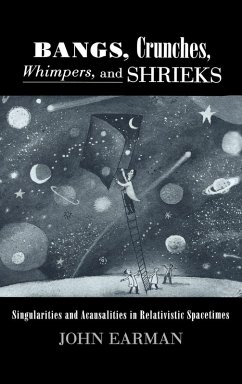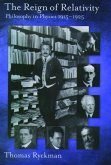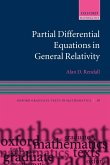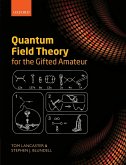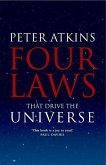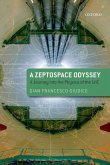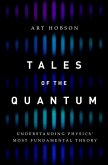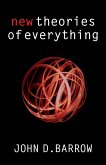This book is the first serious, book-length study of the philosophical implications of relativity. It explains the relevant technical issues of general relativity theory and discusses how these issues bear upon philosophical problems about the nature of space and time, causality and laws of nature. Features include an analysis of time travel, The Big Bang and the Horizon Problem, Eternal Recurrence and Cyclic Time amongst other much debated issues today which have been brought to light in the face of a series of theorems, due largely to Stephen Hawking and Roger Penrose. Written by a leading philosopher, this book provides an overview of the technical literature as well as analytical commentary on its philosophical significance.
Almost from its inception, Einstein's general theory of relativity was known to sanction spacetime models harboring singularities, which involve a breakdown in the very fabric of space and time and, consequently, a failure of the known laws of physics. Until the 1960s, however, spacetime singularities were thought to be artifacts of idealizations of the models. This attitude evaporated in the face of work by Stephen Hawking and Roger Penrose, whose theorems showed that Einstein's general theory implies that singularities can be expected to occur in a wide variety of conditions in both gravitational collapse and in cosmology. In the light of these results, some physicists began to believe that, since spacetime singularities are intolerable, general relativity contains within itself the seeds of its own destruction. Others hoped that peaceful coexistence with singularities could be achieved by proving a form of Roger Penrose's "cosmic censorship" hypothesis, which would place singularities safely inside black holes. Whatever the attitude one adopts toward spacetime singularities, it is evident that they raise foundational problems for physics and have profound implications for the philosophy of space and time. However, philosophers have been slow to awaken to the significance of these developments. Now John Earman, the noted philosopher of science, offers for the first time a book-length study of the subject. It features an overview of the literature on singularities, as well as an analytic commentary on their significance to a number of scientific and philosophical issues.
Almost from its inception, Einstein's general theory of relativity was known to sanction spacetime models harboring singularities, which involve a breakdown in the very fabric of space and time and, consequently, a failure of the known laws of physics. Until the 1960s, however, spacetime singularities were thought to be artifacts of idealizations of the models. This attitude evaporated in the face of work by Stephen Hawking and Roger Penrose, whose theorems showed that Einstein's general theory implies that singularities can be expected to occur in a wide variety of conditions in both gravitational collapse and in cosmology. In the light of these results, some physicists began to believe that, since spacetime singularities are intolerable, general relativity contains within itself the seeds of its own destruction. Others hoped that peaceful coexistence with singularities could be achieved by proving a form of Roger Penrose's "cosmic censorship" hypothesis, which would place singularities safely inside black holes. Whatever the attitude one adopts toward spacetime singularities, it is evident that they raise foundational problems for physics and have profound implications for the philosophy of space and time. However, philosophers have been slow to awaken to the significance of these developments. Now John Earman, the noted philosopher of science, offers for the first time a book-length study of the subject. It features an overview of the literature on singularities, as well as an analytic commentary on their significance to a number of scientific and philosophical issues.

